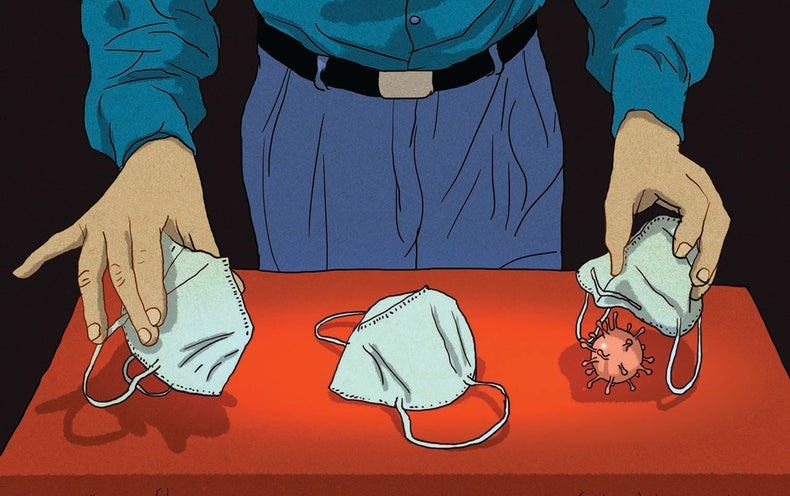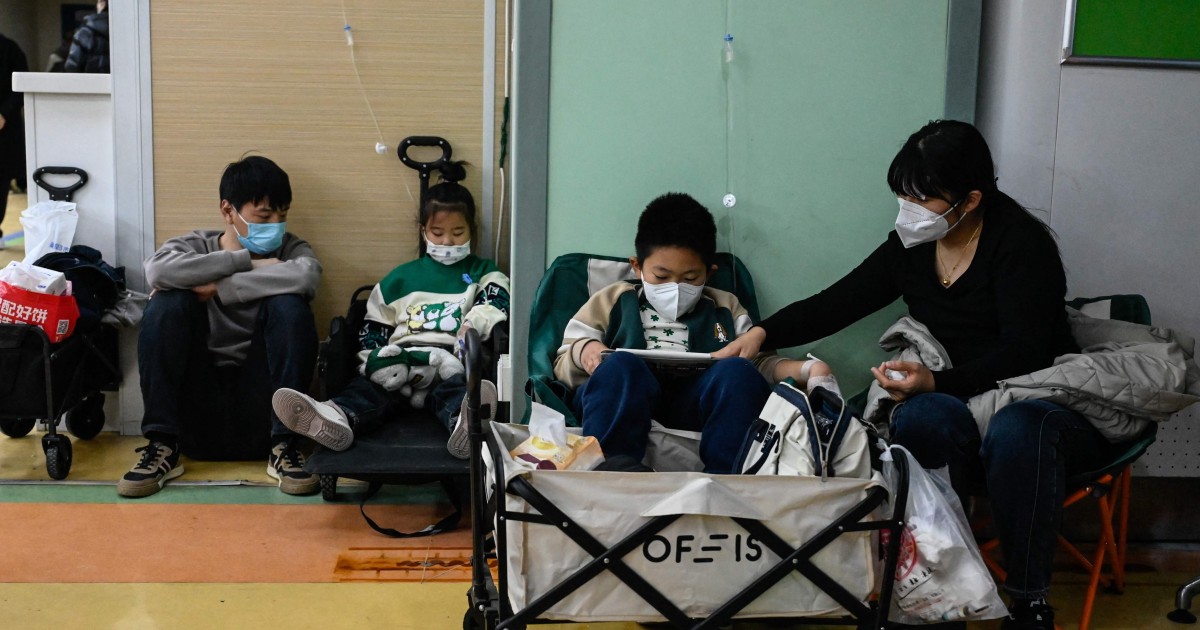Just go to your part of town that are republicans. I’m sure CVS will have an overstock supply of vaccines.
Same can be said about the local farm supply shop. They probably got Ivermectin behind a glass case.
Just go to your part of town that are republicans. I’m sure CVS will have an overstock supply of vaccines.
 I never heard about these broads before.
I never heard about these broads before.




 www.commondreams.org
www.commondreams.org
"Pfizer's new price is an estimated 100 times the cost of production," Peter Maybarduk, director of Public Citizen's Access to Medicines program, said in a statement.
"Pfizer chose to double its U.S. price just as pandemic funding falters and the precarious winter viral season begins."
It's also more than 2.5 times the federal government's purchase price for Paxlovid. The government has bought and distributed the antiviral drug to the public free of charge since December 2021, when the U.S. Food and Drug Administration approved the treatment. Starting next year, Pfizer will sell Paxlovid directly to health insurance companies.
"Pfizer has made tens of billions in Paxlovid sales, largely through major government purchases," Maybarduk noted. "Pfizer could choose now to support the fight against Covid and ease treatment access by lowering its already inflated prices."




It's still crazy to me a bigger deal wasn't made of these bozo Republican politicians calling COVID a hoax but made sure the schools their children attended had upgraded air filtration.
Schools cut covid-19 sick days by 20 per cent using HEPA air filters
Placing HEPA air filters into classrooms in the Bradford area of the UK reduced the number of covid-19-related absences among students by more than 20 per centwww.newscientist.com
Schools cut covid-19 sick days by 20 per cent using HEPA air filters
Placing HEPA air filters into classrooms in the Bradford area of the UK reduced the number of covid-19-related absences among students by more than 20 per cent
By Clare Wilson
20 October 2023

A HEPA filter in a classroom at Bowling Park Primary School in Bradford, UK
University of Leeds
Air filter machines put into a handful of UK schools reduced the number of covid-19-related sick days by more than 20 per cent, the first such randomised trial of the intervention has found.
HEPA filters, devices about the size of a tall kitchen waste bin, were placed in the classrooms of schools in the Bradford area. The results haven’t yet been published in a peer-reviewed journal, but one of the researchers revealed the 20 per cent fall …
at a conference last month.
“You could still have outbreaks even if you have HEPA filters in your classrooms, but the underlying illness absence was over 20 per cent reduced when you have got the air cleaners in place,” said Catherine Noakes at the University of Leeds, UK, at the World Health Organization Europe Indoor Air Conference.
The trial was carried out between September 2021 and March 2022, during which time the UK had a large wave of covid-19 infections caused by the omicron variant of the coronavirus.
Ten schools were given HEPA filters, with two or three put into each classroom, depending on the room size. These were compared with another 20 schools – similar to the first 10 in terms of buildings, the students’ ethnicities and their families’ income levels – that didn’t have the filters.
The 20 per cent fall was only in absences related to covid-19, but the machines probably also cut sickness due to flu and other pathogens that cause coughs and colds, says team member Mark Mon-Williams, also at the University of Leeds. “This should reduce school absences related to any airborne illness,” he says. “There’s nothing fundamentally different between covid and flu, they’re both a virus that gets filtered out of the air.”
Having air filters in schools could also make families less likely to keep children off school as a precaution during a surge of flu or covid-19, says Mon-Williams. “We need to demonstrate that schools are safe, healthy environments.”
But when the full trial results are published, funders will need to weigh up the benefits of the machines compared with their cost, says Michael Absoud at King’s College London. HEPA filters can cost several hundred pounds each.
Read more
Covid boosters: Why are US and UK vaccine policies so different?
There might be more benefit from spending the money on school nurses or support for children with special needs, he says. “People say that’s a false dichotomy, but it’s not. There are a lot of other priorities.”
Air filters have other potential downsides. They can be noisy and tend to generate a cold draught, says Stephen Baker at the University of Cambridge, who helped run a trial of HEPA machines in two wards at Addenbrookes Hospital in Cambridge, the results of which are still awaited. And the number of machines needed for the air volume of a room is unclear, he says.
Nevertheless, the headline result from the schools trial is “excellent”, says Baker. “The dream scenario would be as we rebuild public places, then having appropriate air filtration in them would make them safer long term for a whole host of things.”

I get mine next week. Aint looking forward to the aftermathGot the latest booster yesterday. I was up and down all night with a lot of body aches. Still feel blah but I'm getting a little better.


